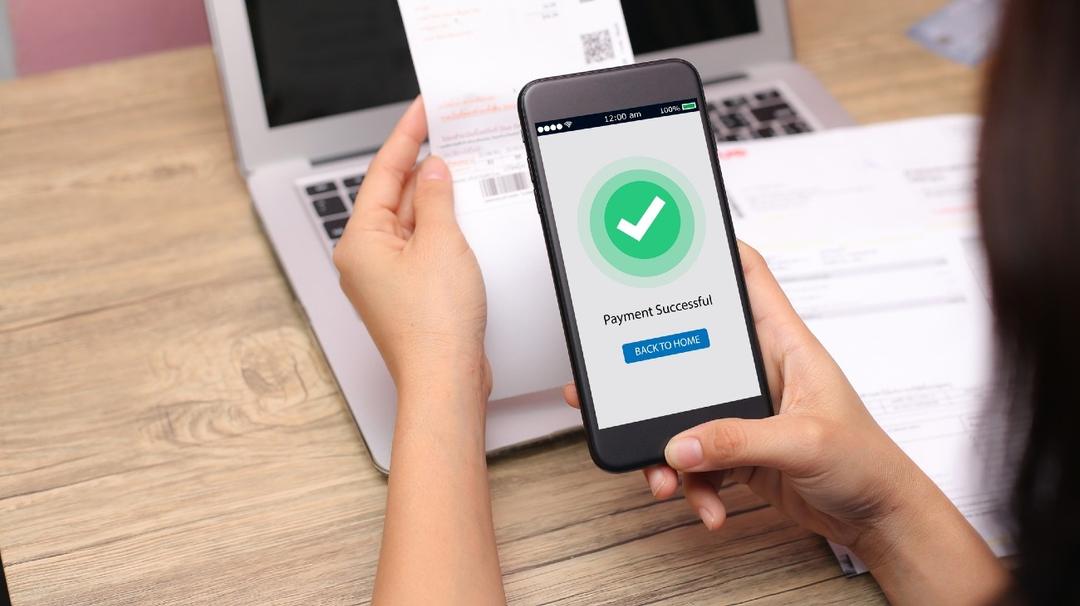
Third-party payment apps to report payments of $600 or more to the IRS
Third-party payment apps (also known as peer-to-peer payment processing apps) like Venmo, Cash App, Zelle, and PayPal have skyrocketed in popularity and usage for small businesses and individuals alike. They’re a convenient and simplified way to split the bill, pay rent, get paid for side gigs, and even purchase goods in traditional brick-and-mortar stores.
However, if you receive $600 or more payments on these apps, you need to be aware of a new tax rule from the IRS. Starting January 1, 2022, transactions over $600 must be reported to the IRS and the IRS will issue Form 1099-K, Payment Card, and Third Party Network Transactions for transactions made during the 2022 tax year.
New Tax Reporting Rules for Third-Party Payment Platforms
The source of this new rule is the American Rescue Plan. The giant stimulus package, signed into law in March 2021, included an amendment to tax reporting requirements for third-party payment platforms.
Prior to the new rule change, Cash App and other payment platforms only had to report payments to the IRS if a user had over 200 commercial transactions and more than $20,000 in payments throughout the year.
It's important to note that the new rule changes reporting requirements, not tax requirements. Freelancers and businesses have always been required to self-report any income received through these platforms. The change only means that the IRS can now cross-reference reports from third-party apps against those from individuals and businesses.
Contrary to rumors that have been making rounds since this legislation passed, personal transactions will remain unaffected. Gifts, favors, reimbursements, sales for personal items, and other personal transactions are not taxable and not subject to reporting to the IRS.
What Small Business Owners Need to Know
Since the IRS is now requiring digital payment services to report business transactions over $600, you'll need to be even more diligent about tracking income. This applies to freelancers, sole proprietorships, independent contractors, small business owners — anyone who exchanges goods and services for payment.
Whether you're selling on Amazon, Etsy, eBay, Facebook Marketplace, or accepting payments from clients via Venmo or PayPal, make sure you’re keeping accurate bookkeeping records for all transactions.
Third-party payment providers will track your transactions, as well. In January of 2023, you can expect to receive a Form 1099-K from each platform where you've sold goods or services over the past year.
While this can serve as a way to cross-reference your transaction amounts, be sure to avoid double reporting of the same income. This is an error that could result in both an unnecessarily expensive tax bill and a notice from the IRS. As always, meticulous bookkeeping will help ensure that your tax return is accurate and you don't overpay a dime.
You may also need to provide tax information to payment service providers, such as your social security number, individual tax ID, or EIN. If you haven't already, make sure to provide these details if you plan to continue selling goods and services through the apps.
Accurate Bookkeeping Is More Important Than Ever
These new reporting requirements technically shouldn't change the way you handle your taxes. However, it's more important than ever to maintain accurate bookkeeping records. If your reported income doesn't align with the reports submitted by third-party payment platforms, you'll hear from the IRS.
If you’re like most small business owners, you probably don’t have time to worry about additional reporting requirements. Get your books organized and ensure IRS compliance with the expert bookkeepers at 1-800Accountant.
This post is to be used for informational purposes only and does not constitute legal, business, or tax advice. Each person should consult his or her own attorney, business advisor, or tax advisor with respect to matters referenced in this post. 1-800Accountant assumes no liability for actions taken in reliance upon the information contained herein.
